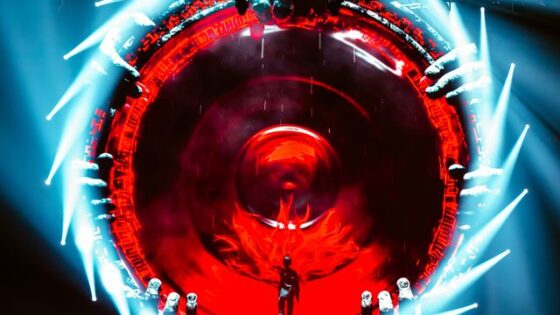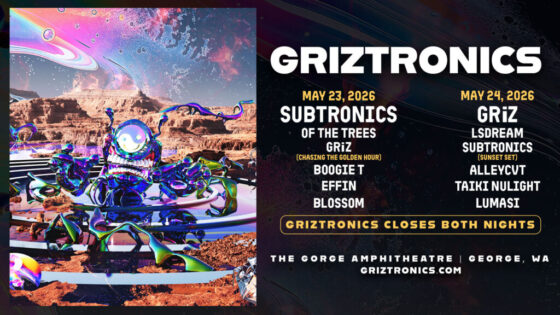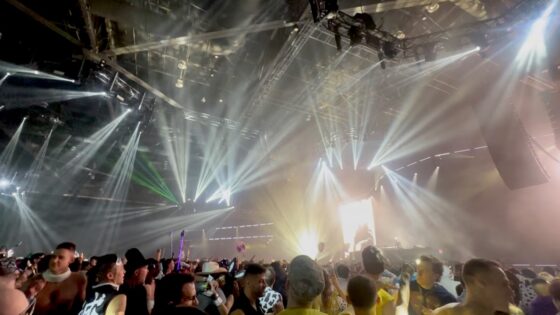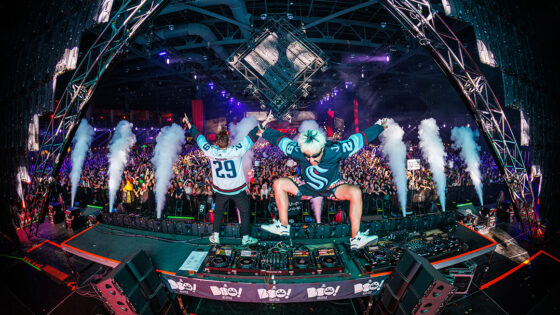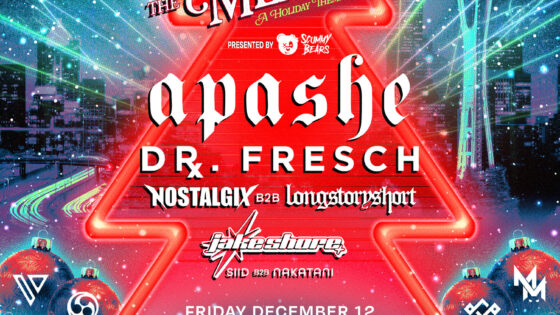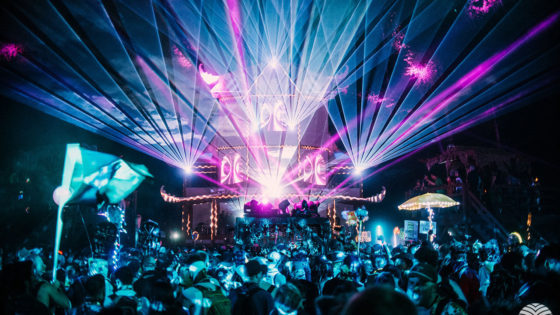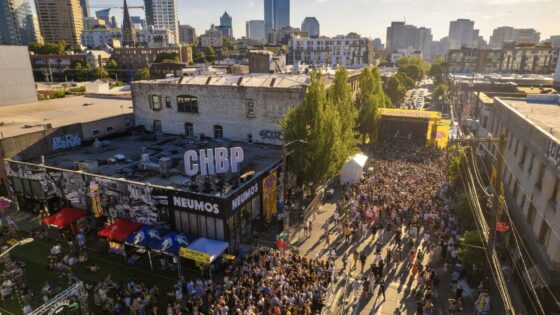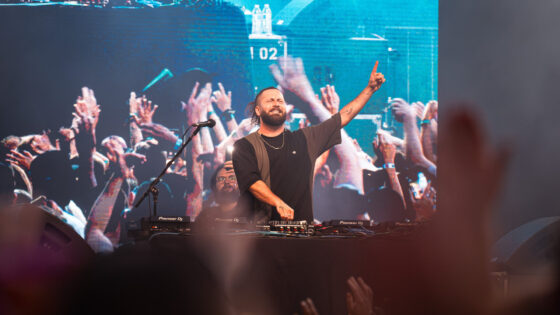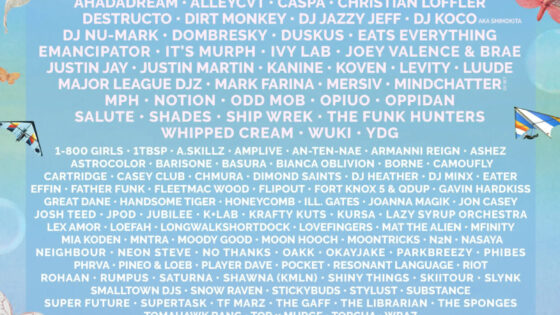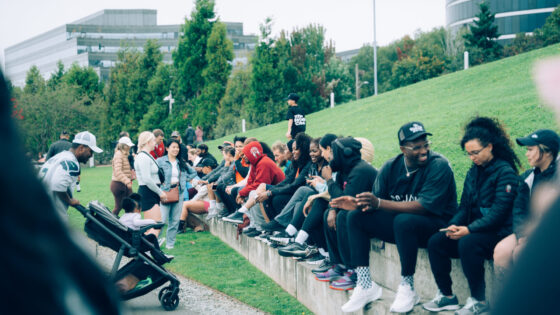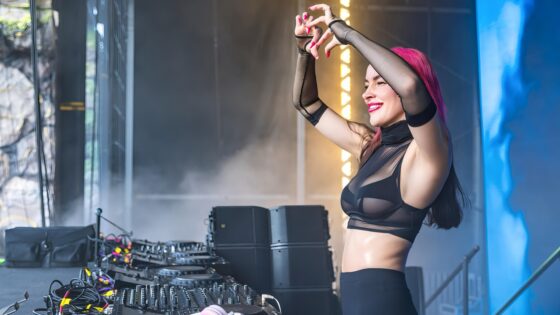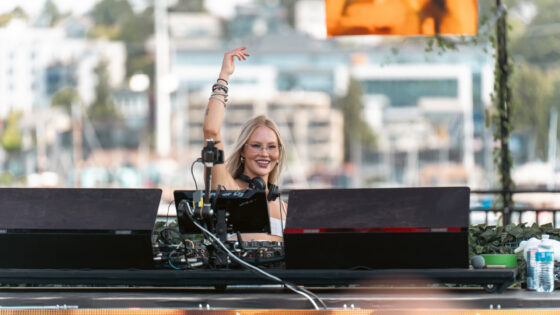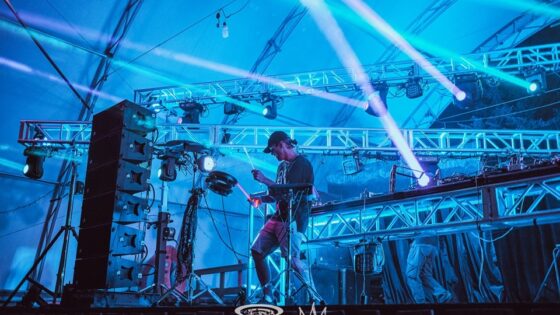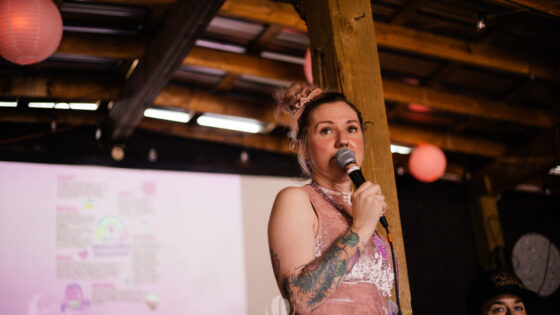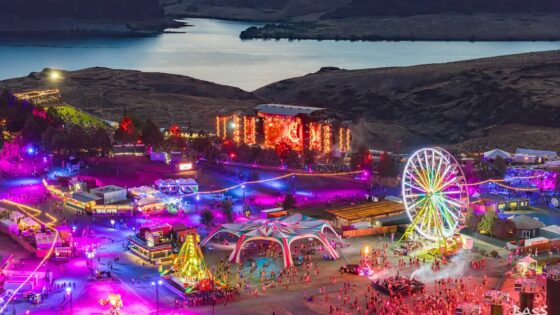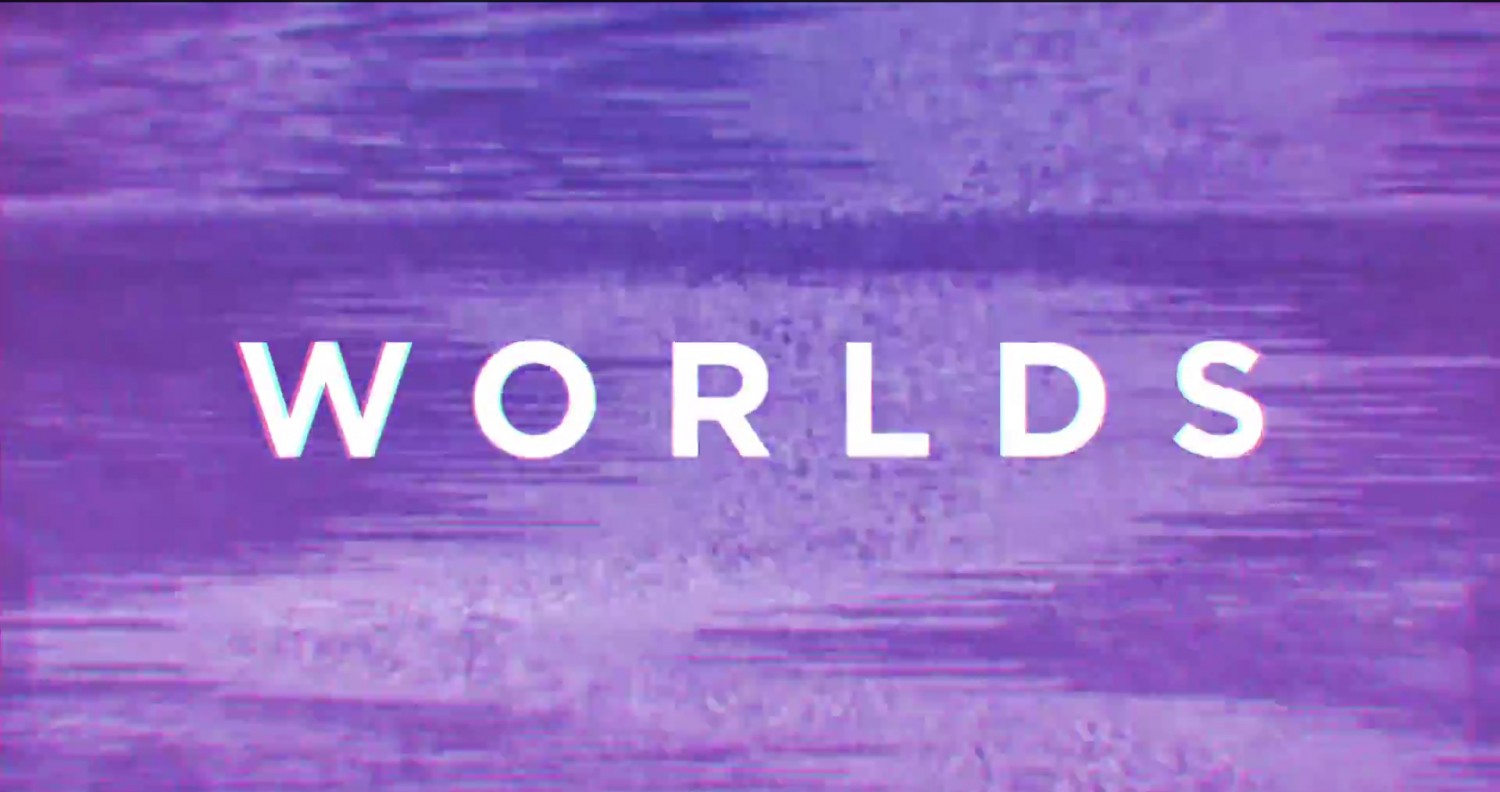The “Why” of Worlds
So what is his intent?
“(Worlds) was more personal than aspirational.”
For any concept album in the realm of electronic music, our first assumption is always that an artist is looking to change the way their scene works and operates. But despite our want (or maybe even need) to hoist someone up as the gold standard, Robinson is of the mind that “the pressure is on the artists to make the right choices.” More than that though, Worlds wasn’t about simply impressing people, or even changing the game as we know it. It came instead from an artistic compulsion to create. “To me it was more like this is what I felt like I needed to do,” he opines.
“Some people say they thought I wanted to revolutionize dance music, and it’s really not that. It was just to get my own shit right, you know? It was always more about getting my own stuff in order, and making something I can feel proud of. It’s definitely not my stated goal to say that ‘this is going to change the game.'”
That’s really an important distinction to make too. It’s easy to misinterpret what an artist is trying to accomplish when they produce something so expansive and thorough. Worlds was the culmination of months spent in the studio, as well as a year plus of perfecting the tour setup, all for the greater goal of making art that he could really stand behind. It only seems natural that it resonated with others, and even more logical that the aspirations of the album extended far beyond a need to alter or change the status quo.
Music is at its core a personal journey, both for the artists creating it and the people consuming it. Worlds brings us back to that in a special way, and in the end has made for an album that raises the bar (however unintentionally) for what a concept album can be for electronic music. In it, we see the more human elements behind a name we see plastered on festival lineups and club marquees. Beneath his name and identity, Robinson comes off more like one of us than you may think, in all the best ways you could imagine.
Just Like Us
It’s easy to prop up an artist. They’re that larger-than-life figure behind the decks, pulling all the strings for thousands of people. But across our lengthy discussion, we couldn’t help but feel that Porter was one of us. Like the nerves he experienced on his last tour, admitting that at “those first few Worlds shows, I didn’t make eye contact with anyone.” Or learning to perform live for his last Seattle performance, marking “the second time I’d ever sung in front of anybody who isn’t my dog.” It’s these little confessions that help us understand the person behind the music, and by extension the art they create.
In truth, those are the things that encapsulate Robinson’s own musical journey. It’s the real, human moments that the fantastical universe of Worlds creates that help us really understand what he’s trying to accomplish. When the art feels like it comes from a real place, it’s hard not to notice on some level. That, as he describes, is “the benefit of one person, with one vision, with a strong sense of identity.” Bringing his music to us from a real, emotional place is exactly why Worlds will continue to be significant, and why Porter Robinson is an artist whose vision is one we can’t help but share.
Important things happen in Pacific Northwest nightlife, and DMNW will send you alerts!
Pop culture junkie, dinosaur enthusiast, and proud Managing Editor. While an avowed basshead, has been known to be ever-so-slightly trance-curious under the right circumstances.

